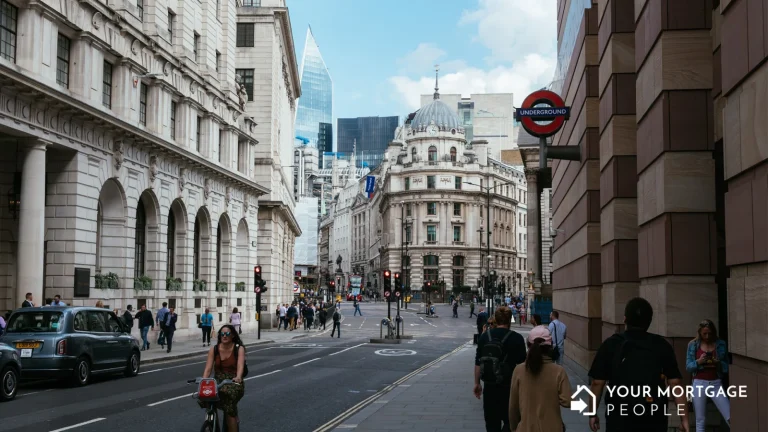
It looks like the Bank of England (BoE) is gearing up for yet another interest rate increase this Thursday. If they go through with it, it will mark the 15th consecutive rate hike, as their primary goal remains firmly fixed on curbing inflation.
Even though the UK’s economy has been sluggish, and unemployment rates are on the rise, it’s expected that the majority of the Bank of England’s monetary policy committee (MPC) members will support a 0.25 percentage point hike when they meet on the 21st.
This would push the interest rate up to 5.5%.
However, even if the interest rate follows its scheduled increase, this will likely be the last rate hike for some time.
Andrew Bailey, the Bank of England’s Governor, explained earlier this month that we could be approaching the highest point in interest rates, and Swati Dhingra, an MPC member, underscored the potential drawbacks of further interest rate increases – expressing concerns that they could further harm the economy and highlighting the recent decline of 207,000 jobs over the past three months and the concurrent increase in the jobless rate from 3.8% to 4.3% as evidence.
All this means that London’s financial sector is predicting that rates won’t climb significantly beyond the current 5.25% – however it does anticipate that rates won’t start to decrease until inflation is making progress towards reaching the government’s 2% target.
The headline inflation rate, measured by the consumer prices index, dropped from 11.1% in October 2022 to 6.8% in July. However, the latest data for August, due out on Wednesday, is expected to show a slight increase due to higher petrol and diesel prices.
The MPC are keeping a close eye on three important indicators of underlying price pressure: core inflation (excluding food and fuel), service-sector inflation, and private-sector regular pay growth.
One thing to keep in mind is that interest rates have a delayed impact, and we haven’t yet felt the full effects of 14 rate hikes. The labour market is weakening faster than expected, and house prices are falling.
In the short term, a 0.25% interest rate increase by the BoE is likely to lead to higher mortgage rates and monthly payments for borrowers. However, because this will likely be the last increase for a while, it may also signal a potential shift toward stability or rate cuts in the future.
Borrowers and prospective homebuyers should closely monitor these developments and consider what it means for their individual financial situations.
Comprehending the impact of these fluctuations can be tricky, particularly when assessing their influence on your upcoming mortgage decisions.
Feel free to contact Your Mortgage People for insights into how shifting interest and inflation rates might influence your available choices. As a whole of market broker, we have access to top offers and are dedicated to offering you the guidance you require.
Our knowledgeable and approachable advisors are here to assist you without any obligations. We’ll work together to find the path that suits your needs.
https://www.yourmortgagepeople.co.uk/
****



Disclaimer: Think carefully before securing other debts against your property; your property may be repossessed if you do not keep up repayments on your mortgage.The Financial Conduct Authority does not regulate Legal Services, Accountancy Services, Will Services, Conveyancing Services and some forms of mortgages.